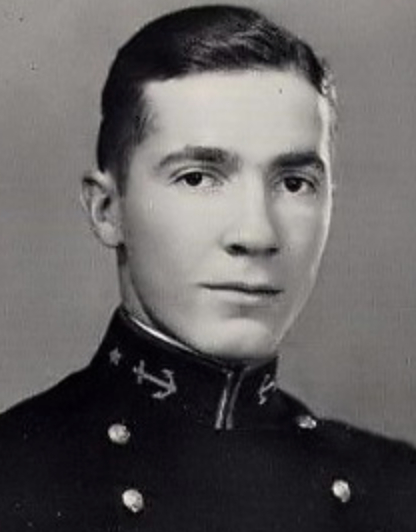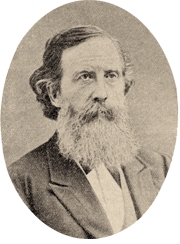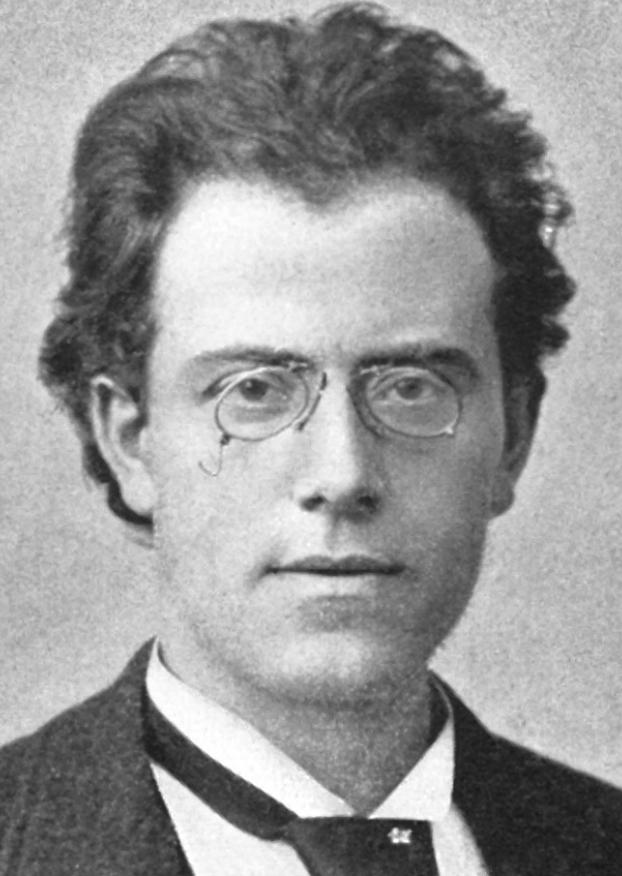July 7
Robert A. Heinlein

On this date in 1907, Robert Anson Heinlein was born in Butler, Mo. The science fiction author is famous for his novel Stranger in a Strange Land (1961). Heinlein was one of seven children. He attended the University of Missouri and graduated from the Naval Academy at Annapolis in 1929.
Heinlein served in the Navy for five years until discharged after contracting tuberculosis. He studied at the University of California-Los Angeles and conducted research at the Navy Experimental Air Station in Philadelphia during World War II. The prolific author, who had many pseudonyms, won four Hugos for “best novel of the year” (Double Star, Starship Troopers, Stranger in a Strange Land and The Moon Is a Harsh Mistress).
He eventually published 32 novels, 59 short stories and 16 collections. Four films, two television series, several episodes of a radio series and a board game have been derived more or less directly from his work.
Heinlein wrote, “The faith in which I was brought up assured me that I was better than other people; I was saved, they were damned. … Our hymns were loaded with arrogance — self-congratulation on how cozy we were with the Almighty and what a high opinion he had of us, what hell everybody else would catch come Judgment Day.” (Peter’s Quotations: Ideas for Our Time, ed. Laurence J. Peter, 1977)
In his 1973 novel Time Enough for Love, he wrote: “History does not record anywhere at any time a religion that has any rational basis. Religion is a crutch for people.”
He married Elinor Curry in 1929 and divorced in 1930, then was married to Leslyn MacDonald from 1932-47. He was married to Virginia Gerstenfeld from 1948 until his death at age 80 in Carmel-by-the-Sea, Calif. (D. 1988)
PHOTO: Midshipman Heinlein in the 1929 U.S. Naval Academy yearbook.
“The great trouble with religion — any religion — is that a religionist, having accepted certain propositions by faith, cannot thereafter judge those propositions by evidence. One may bask at the warm fire of faith or choose to live in the bleak uncertainty of reason — but one cannot have both.”
— from Heinlein's 1982 novel "Friday" (narrated by Friday Jones)
Josiah P. Mendum

On this date in 1811, Josiah P. Mendum was born in Kennebunk, Maine. In 1844, Mendum took over as editor and proprietor of the Boston Investigator, the first U.S. rationalist news publication, after Abner Kneeland retired. Under Mendum’s businesslike management, the newspaper became prosperous and influential. Mendum also republished books by Voltaire, D’Holbach, Volney and Paine. He lobbied hard for the building of a hall to memorialize Thomas Paine in 1870. By 1874, the Paine Memorial Hall was opened in Boston.
Mendum spent 40 years as rationalist advocate. He and Horace Seaver as co-editors were succeeded by Mendum’s son, Ernest Mendum, and by Lemuel K. Washburn. When J.P. Mendum died, a memorial was fittingly held at Paine Hall. Mendum was lauded for helping to turn “the strait-laced Boston of sixty years ago [into] the enlightened Hub of today … to ‘destroy bigotry and uproot the evils of superstition.’ ” (Boston Globe, Feb. 3, 1891) (D. 1891)
Gustav Mahler

On this date in 1860, Gustav Mahler was born to working-class, Jewish parents in Austrian Bohemia, the second of 14 children. A musical wunderkind, he studied at the Vienna Conservatory as a boy. Mahler’s oeuvre is relatively limited; for much of his life composing was necessarily a part-time activity while he earned his living as a conductor. Aside from early works, his works are generally designed for large orchestras, symphonic choruses and operatic soloists.
At age 37 he faced a dilemma: He could become the director of the prestigious Imperial Vienna State Opera only if he abandoned Judaism and converted to Catholicism. Under the anti-Semitic laws, no Jew — no matter how talented or skilled — could occupy such an exalted position. Though nowhere near a devout Jew, he recognized that conversion was his only ticket to the position. He reportedly commented after the service was over, “I’ve just changed my coat.”
He married Alma Schindler in 1902 when she was pregnant with their daughter Maria. The year before he had started composing his masterful Fifth Symphony (its “Adagietto” movement was played at Sen. Robert Kennedy’s 1968 funeral Mass).
A second daughter, Anna, was born in 1904. Both girls fell ill in 1907 with scarlet fever and diphtheria. Anna recovered but Maria died two weeks later. That same year, Mahler was diagnosed with a congenital heart defect and restrictions were put on his activities. He made his New York debut at the Metropolitan Opera on Jan. 1, 1908, when he conducted Wagner’s “Tristan und Isolde.”
He died in Vienna from bacterial endocarditis and pneumonia at age 50. Alma outlived him by 53 years and married twice more, including to architect Walter Gropius. (D. 1911)
“After his baptism, he never again attended Mass, and upon his untimely death in 1911 at age 50, there was no religious funeral service of any kind, nor any religious markings on his gravestone.”
— Rabbi A. James Rudin, "Unconventional Converts," Religion News Service (June 5, 2009)
Eleanor Clift

On this date in 1940, Eleanor Clift was born in Brooklyn, N.Y. In the 1960s she became a secretary for Newsweek magazine and was one of the first women at Newsweek to be promoted to reporter. Clift became an accomplished political reporter, serving as deputy Washington bureau chief beginning in 1992, working as part of the 1992 election team covering Bill Clinton’s campaign and becoming a contributing editor for the magazine in 1994. Clift was Newsweek’s White House correspondent until 1985, when she briefly became White House correspondent for the Los Angeles Times.
She was a panelist on the political talk show “The McLaughlin Group.” Clift is also a writer who authored Founding Sisters and the Nineteenth Amendment (2003), as well as co-authoring two books with her husband Tom Brazaitis. When Brazaitis died after a long battle with kidney cancer, Clift wrote the 2008 memoir Two Weeks of Life: A Memoir of Love, Death and Politics about the deaths of Brazaitis and Terry Schiavo. Clift has appeared as herself in the films “Dave” (1993), “Independence Day” (1996), “Getting Away with Murder” (1996) and “Follow the Leader” (2002).
Clift was brought up Lutheran but in a 2008 interview with the Cleveland Plain Dealer, she said, “I’m closer to Tom’s [atheism] than to my early upbringing in the Lutheran church. I would probably label myself as an agnostic.” She gave a speech at the 31st annual Freedom From Religion Foundation convention in 2008 and was a guest on Freethought Radio on Sept. 27, 2008.
Public domain photo: Clift in 1999.
"Religion and politics are supposed to be separate."
— Clift, "Two Weeks of Life: A Memoir of Love, Death and Politics" (2008)
